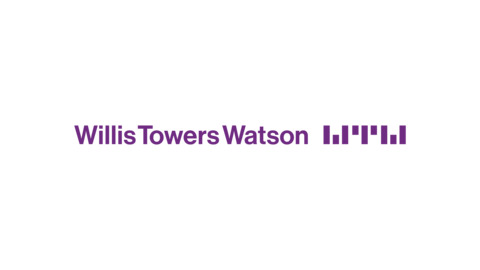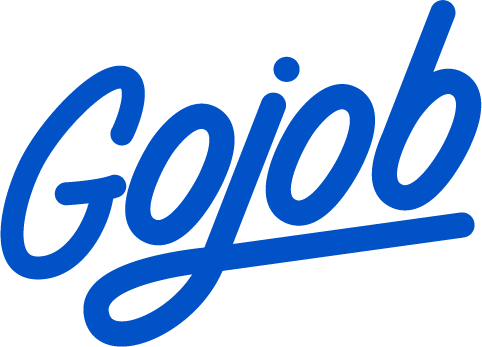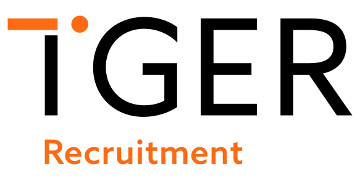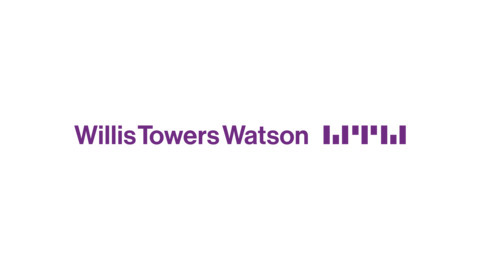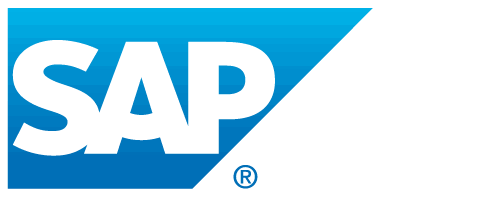Work is about to change in ways we can only imagine right now. HR is most likely to grow in importance as the full impact of the AI revolution starts to be felt across all areas of business and commerce.
For years HR has been using technology to move from being a process-driven discipline to one that has a higher strategic function. AI will simply accelerate this further. Already technology is providing HR with significant metrics and data, which are enabling it to provide management with key tools through which to understand and drive cultural change. AI will accelerate this trend. Not only will it change the way we work, but the skills needed by businesses in this very new environment will also change.
As new technology – led by AI – builds in momentum it will be vital to bring the people within an organisation along with that change. Unless we do the powerful potential benefits will be squandered. Culture (the essence of every organisation) needs to come before strategy. Armed now with the tools to measure and assess engagement with that culture, and freed from its process-driven functions, HR has never been in a better place to be able to step up and take the lead as AI grows in importance as a key driver of business.
There will be downsides to AI, but again HR is well placed to manage these issues as they arise. Accountability for the impact that AI’s introduction will have on the workplace, for the security issues that will arise around the data and analytical functions it will generate, and for its ethical implication, finds a natural home in HR or are dilemmas that HR is well placed to play a key role in solving.
Perhaps AI’s most significant impact will be on skills. What was important yesterday in terms of soft and hard skills will shift. Many organisations risk finding themselves short of the right kind of skills to survive in this new AI-driven environment. Few organisations have any idea about what skills they already have within their workforce - let alone just what shortages they might face in two or three years' time. Once again HR is in a critical place to both understand where organisations are right now in terms of skills, and in looking ahead to what skills might be needed and developing the strategies for a smooth transition towards building or sourcing the required new skills.
George Zarkadakis is digital lead at Willis Towers Watson and author of In Our Own Image: the Future of Artificial Intelligence
AI in pensions
It’s not just in the areas of culture and skills that AI is likely to have a significant impact. Take the area of pensions. In the previous series we looked at how pensions were changing, not least as the workplace changes. With more contractors and part-time employees, and different working patterns throughout life, both employers and employees want far greater flexibility when it comes to their reward packages. What a young entry-level graduate is looking forward to in the coming years is not the same as a 60-year-old with many decades of work behind them. Equally, employees do not all have the same level of interest or knowledge of finance.
When employers outsource pension provision the communication and engagement with members is outsourced too. Outsourced pension providers are keen to make sure that members have all the information they need to make informed decisions, and in 2019 online is very much the way forward, leading to much higher levels of engagement.
AI systems that leverage natural language processing, conversational agents, and knowledge graphs will have a vital role to play as providers seek to improve the way such technology responds to – and learns from – the questions being asked to enable it to further refine both the answers being given and the questions most likely to elicit those answers. AI acts as a librarian would in a vast central library: listening and then directing the enquirer to just the right place where they can find the answer they require.
It is in ways like this that AI will prove its value to both employee and employer alike. In pensions as in other areas, AI may well be the great disrupter but that disruption is HR’s golden opportunity to be the key advocate for cultural change as AI’s adoption accelerates across all sectors of business.
David Bird is head of proposition at LifeSight, Willis Towers Watson


